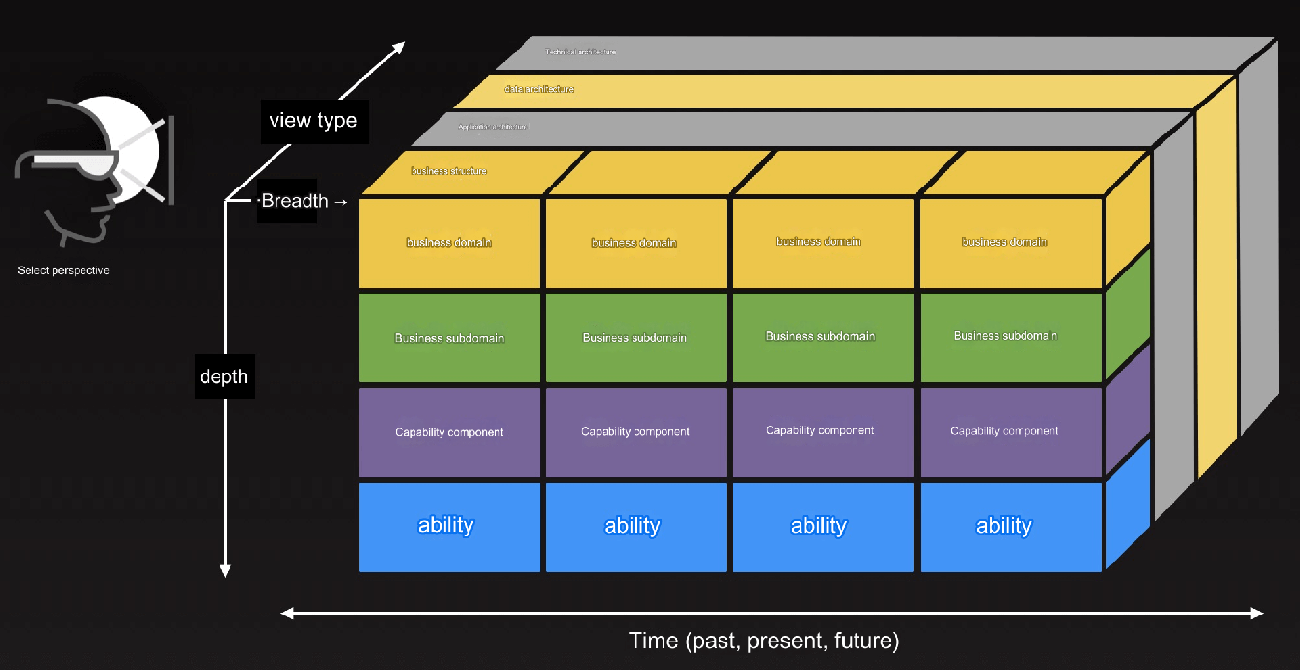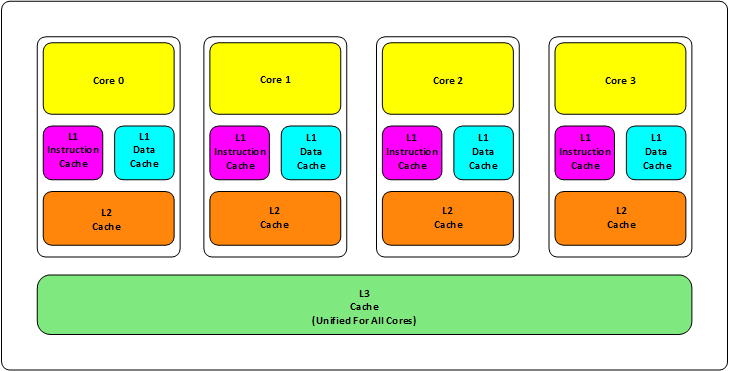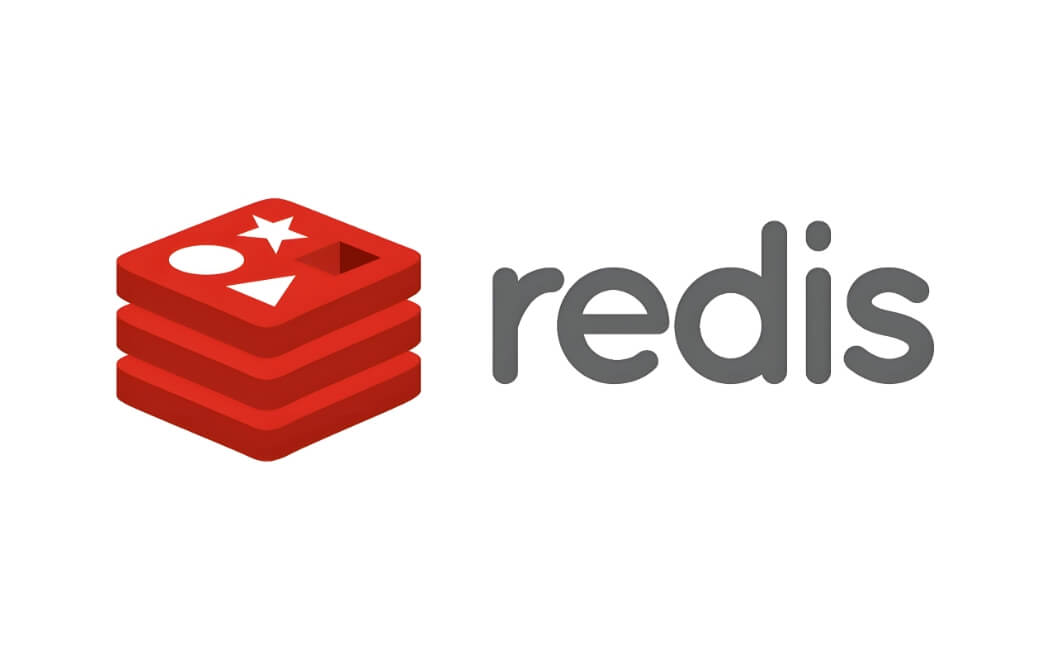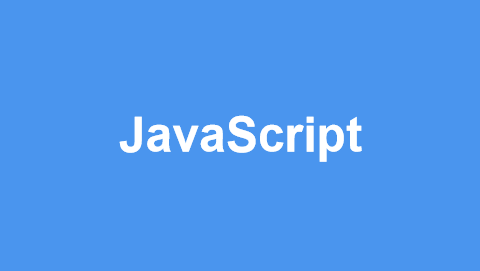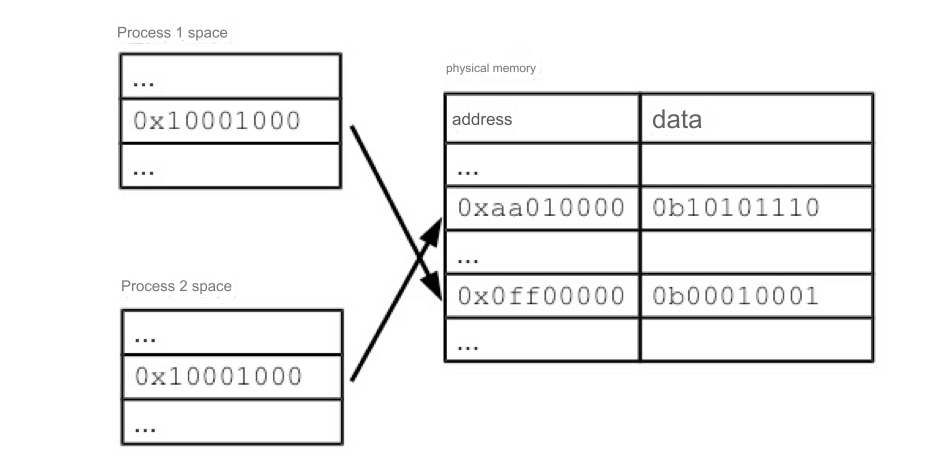This article will explore the key features, benefits, and use cases of both FastDFS and OSS, providing insights into their architecture, scalability, and reliability to help businesses choose the right storage solution.
In today’s digital landscape, efficient and scalable file storage solutions are essential for managing and distributing vast amounts of data. Distributed file systems, such as FastDFS and Alibaba Cloud Object Storage Service (OSS), offer robust solutions for enterprises and businesses looking to store large volumes of data securely and with high availability. FastDFS is an open-source, lightweight distributed file system, ideal for small to medium-sized companies that need to manage their own file storage, while OSS provides a comprehensive, global storage service with a variety of storage types, making it suitable for large enterprises with diverse and global storage needs.
FastDFS:
FastDFS is an open-source, lightweight distributed file system based on the HTTP protocol. It offers high scalability, high availability, and high stability. It solves the problems of large-capacity file storage and efficient access, making it suitable as a storage server for large files. FastDFS allows users to store files across multiple servers without needing to worry about the physical location of the files. It features very fast upload/download/delete and query speeds, handling thousands of concurrent requests effortlessly.
Features:
Open-source and Lightweight: FastDFS is an open-source, lightweight distributed file system focused on file sharing and transmission efficiency. It is suitable for large-scale file storage and distribution.
Rich Functionality: It offers file storage, file synchronization, file access (including file upload, download), and other features that effectively address large-capacity storage and load balancing issues.
Architecture and Scalability: FastDFS has an architecture that includes the Tracker server and the Storage server. The client uploads and downloads files via the Tracker server, which schedules and ultimately delegates file operations to the Storage server. This architecture ensures good scalability for FastDFS.
Use Case: FastDFS is more suitable for the early stages of use in small and medium-sized companies, especially for scenarios where users need to manage file storage and access themselves. However, due to high maintenance costs and the complexity of handling uploaded files, it might require additional storage solutions in larger or more complex business environments.
Reliability: FastDFS maps file names and directory names to storage nodes. Each storage node holds a complete copy of the file, ensuring data security through multiple servers and backups. FastDFS also has a file synchronization mechanism to sync files across all storage nodes.
Cost: FastDFS is an open-source project that you can download and use for free. It offers high performance and many advanced features. However, it requires users to build and maintain their own distributed architecture.
Example Code:
yum install -y git wget yum install -y gcc gcc-c++ make automake autoconf libtool pcre pcre-devel zlib zlib-devel openssl openssl-devel # Download FastDFS v5.11 git clone https://github.com/happyfish100/fastdfs.git --branch V5.11 # Compile and install FastDFS and libfastcommon cd /root/fastdfs/fastdfs && ./make.sh && ./make.sh install cd /root/fastdfs/libfastcommon && ./make.sh && ./make.sh install
OSS (e.g., Alibaba Cloud OSS):
Alibaba Cloud Object Storage Service (OSS) is a distributed object storage service offered by Alibaba Cloud. It features massive storage, high availability, high security, and high scalability. Users can store an unlimited number of files on OSS and access them via HTTP or HTTPS protocols. OSS supports various storage types, including standard storage, infrequent access storage, and archive storage to meet different storage needs.
Features:
Global and Diverse: OSS focuses on global distributed storage and diverse storage types. It offers various storage types such as Standard, Infrequent Access, and Archive, allowing users to select the appropriate storage type based on business needs.
File Upload and Access: OSS supports file uploads via HTTP RESTful APIs and SDKs, offering a complete permission control mechanism. It also supports CDN acceleration and Cross-Origin Resource Sharing (CORS), making file access more efficient and flexible.
Management and Visualization: OSS provides a visual management interface that allows users to easily manage and operate files via the console. Additionally, due to its integration with cloud services, OSS offers rich cloud storage functionalities.
Reliability: OSS uses a distributed storage solution and multi-replica storage technology to ensure data reliability. It is suitable for storing and accessing massive amounts of data, ensuring data security.
Use Case: OSS is suitable for enterprise applications that need to deploy data centers in different regions and support multiple data access methods. For businesses that want to reduce operational and maintenance costs and risks, using a third-party OSS service is a good choice.
Cost: Alibaba Cloud OSS has a relatively high cost but offers high-level services, including security, data protection, and an easy-to-maintain management console. It also offers additional services like CDN.
Example Code:
For Alibaba OSS, which provides SDKs for different languages, we will use the SDK for Java:
# Import Alibaba Cloud SDK
from aliyunsdkcore.client import AcsClient
from aliyunsdkcore.request import CommonRequest
# Configure request information
client = AcsClient('yourAccessKeyId', 'yourAccessKeySecret', 'yourRegionId')
request = CommonRequest()
request.set_domain('yourDomain')
request.set_version('2024-08-01')
request.set_action_name('yourActionName')
response = client.do_action_with_exception(request)
print(response)Selection Recommendations:
For small and medium-sized companies that need to manage file storage and access on their own, FastDFS might be a good choice.
For enterprise applications requiring global distributed storage, diverse storage types, and rich cloud storage features, OSS may be more suitable.
